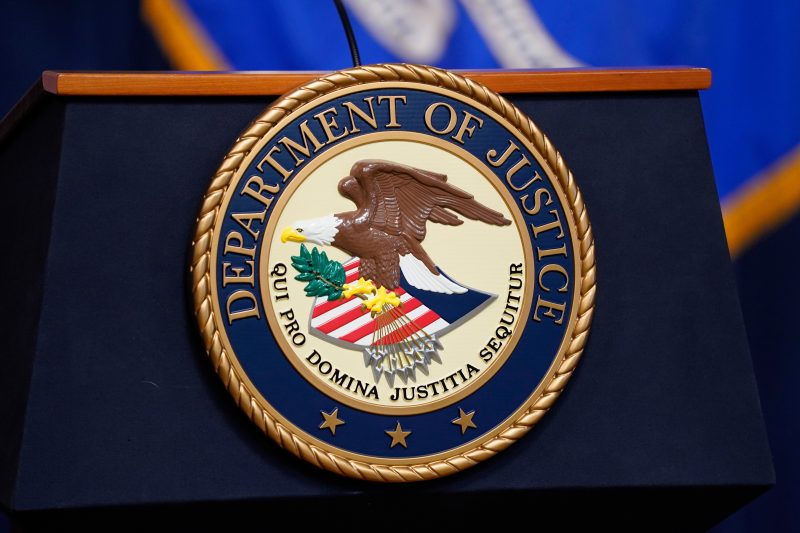In the modern era, the protection of whistleblowers has become a crucial issue that affects transparency and accountability in government and corporate environments. In the United States, the federal government has established mechanisms to encourage individuals to report misconduct without fear of retribution. However, recent reports indicate that gag orders are still being used to hinder federal whistleblowers from speaking out.
Gag orders, also known as non-disclosure agreements, are legal tools that restrict individuals from publicly discussing certain information. These agreements are often utilized in settlements between whistleblowers and the entities they accuse of wrongdoing. While they can serve legitimate purposes, such as protecting sensitive information, they can also be used to silence individuals and prevent them from revealing important details about misconduct.
The issue of gag orders impeding federal whistleblowers was highlighted by a recent warning from a government agency. The agency’s report detailed instances where federal employees were subject to gag orders, preventing them from disclosing information to the public or media. This practice not only undermines the ability of whistleblowers to expose corruption and malfeasance but also goes against the principles of transparency and accountability in government.
One of the consequences of gag orders is the erosion of public trust in government institutions. When whistleblowers are unable to speak out about misconduct due to legal restrictions, it creates a culture of secrecy and undermines the integrity of the system. Without whistleblowers being able to come forward with information, corrupt practices can remain hidden, and those responsible may never be held accountable.
In response to the issue of gag orders, there have been calls for stronger protections for federal whistleblowers. Advocates argue that legislation should be introduced to restrict the use of gag orders in cases where they serve to cover up wrongdoing. By creating clearer guidelines and limitations on the use of these agreements, whistleblowers would be better able to come forward without fear of reprisal.
Additionally, there is a need for increased awareness and support for federal whistleblowers who are subject to gag orders. By providing legal assistance and advocacy to individuals facing these constraints, it can help ensure that important information is not suppressed and that the public interest is protected.
In conclusion, the use of gag orders to hinder federal whistleblowers is a concerning issue that threatens transparency and accountability in government. It is imperative that steps are taken to address this problem and provide stronger protections for individuals who expose misconduct. Only by allowing whistleblowers to speak out without fear of retribution can we hope to maintain integrity and trust in our institutions.
